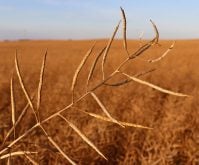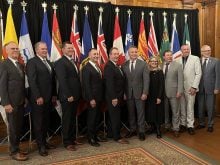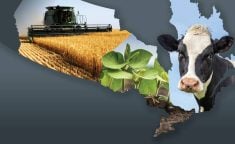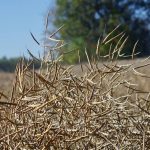The meeting hall was buzzing the afternoon of March 6 as the Canadian Federation of Agriculture’s annual meeting awaited the arrival of Prime Minister Justin Trudeau.
A last-minute addition to the agenda, the prime minister’s participation had been quietly rumoured for several days, but only confirmed on the opening morning of the event.
A long-time member of the Parliamentary Press Gallery noted that it was the first time since at least 1980 a prime minister had attended the annual gathering.
Read Also
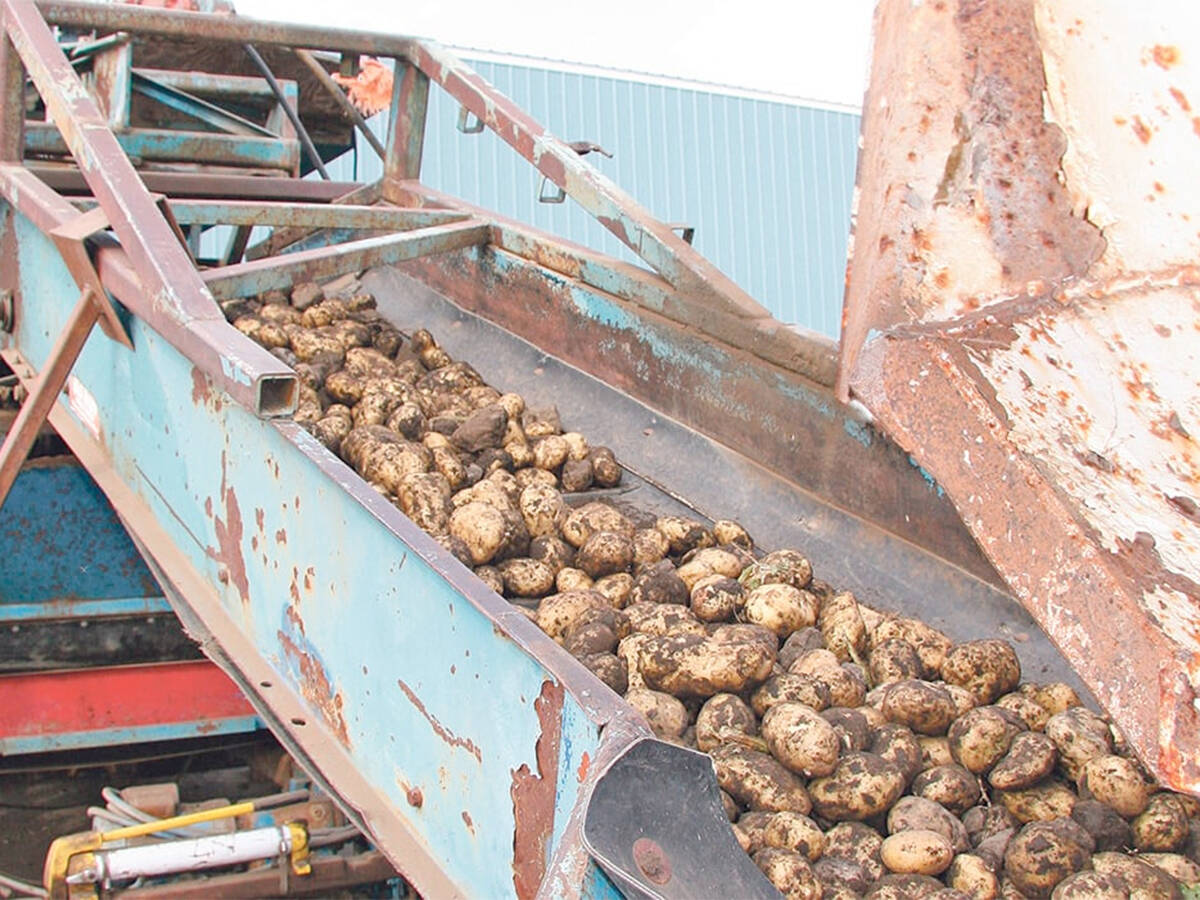
Potato growers beware new PVY strains
Newer strains of potato virus Y (PVY) are creating headaches for potato farms in Eastern Canada, and Manitoba farmers should pay attention
Keith Currie, the newly elected president of the CFA, told Glacier FarmMedia that Trudeau’s visit, along with other party leaders, demonstrates Ottawa’s growing interest in agriculture issues.
“We had five political leaders attend our convention…That’s a real feather in our cap as an organization,” he said.
All major political parties took time to lend farmers their ear in Ottawa in early March.
The prime minister’s address waded straight into the hotly debated issue of emissions targets.
The federal government has aimed for 30 per cent fewer emissions from nitrogen fertilizer in 2030, compared to levels a decade before. It’s an issue that has caused consternation from all corners of agriculture, who have expressed concern over the policy’s potential impact at the farm gate, as well as division in the sector.
Trudeau argued the targets were voluntary and that there were numerous misconceptions circulating about them.
“We are seeking a 30 per cent reduction in emissions — and let me stress that — this is emissions, not fertilizer use,” he said from the podium.
Trudeau spent approximately 40 minutes at the event, speaking for 10 minutes and answering questions from the floor for the remainder.
One such question was from an Ottawa-area farmer and certified crop advisor. Farmers need to access affordable fertilizer, working capital and technology to farm successfully, she said, and asked if his government considered “…economic sustainability in its decision making?”
Trudeau responded that was always a consideration, adding that though “things are changing,” and farmers did not necessarily have to bear the brunt of those decisions.
“We need to work together to protect land and the environment for future generations,” he said. “We also need to protect your success.”
“We can’t have yields going down. We have to be increasing them. We need to feed not just Canadians, but the world. We need to support you doing this.”
Pierre Poilievre, federal Conservative leader, later offered a counterpoint to Trudeau’s claims. He advised farmers not to take the government at its word.
“They claim now it’s not going to be coercion,” he said. “But they also said the carbon tax would never go over $50 [a tonne] and it’s now set to go to $170.”
He added a government he led would “… repeal the carbon tax, and the tariffs the government is proposing on fertilizer.”

Poilievre also took a number of questions from the floor.
Brent Preston, an Ontario vegetable producer and member of Farmers for Climate Solutions, told Poilievre he’s seeing farmers beginning to get excited about the idea that they can be a positive force in the fight against climate change, and sharing practices among themselves. He asked how a Conservative government would foster those efforts.
“Our farmers have led the charge in zero till and other methods that protect the environment and continue to sequester carbon in the soil,” Poilievre responded. “We believe there should be incentives to benefit farmers.”
NDP leader Jagmeet Singh told attendees the federal government needs to become a better partner to farmers in the push to reduce farm emissions.
“I’d like to see us stop spending billions in subsidies to the already profitable oil industry,” he said. “Let’s stop that, and start investing massively in farming. That’s a better placement of our money.”
Elizabeth May said the Green Party would like to be seen as the party of Canadian agriculture.
“We know it’s unlikely you think that now,” she said to a round of chuckles from the meeting.
May said farmers should be compensated for environmental goods and services like sequestering carbon or maintaining shelterbelts for biodiversity.
“You should be paid for every ounce of carbon you sequester in the soil,” she said.
Labour worries
Poilievre also noted the impact of labour shortages in agriculture. He said there needed to be less red tape around bringing in workers.
“We need the temporary foreign workers, but the work to bring them in slows down everything,” he said.
He said the administration should be streamlined both for reliable employers bringing in workers with a proven track record, and for prospective immigrants if they had work lined up.
“Let’s get the government out of the way and speed up the process for those that have a job offer, are law-abiding and have a history of following the rules,” he said.
Singh said improving the quality of life in rural Canada would help attract both citizens and newcomers to work there. He specifically noted internet connectivity and health care.
“These are essential services,” he said. “I can’t imagine anything more scary than calling an ambulance and the closest one is 90 minutes away.”





